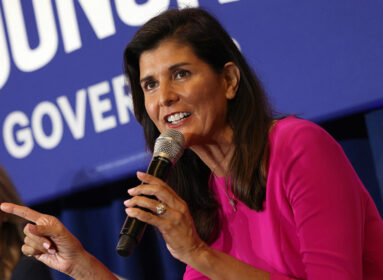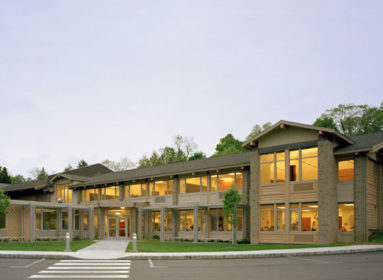
WEST HARTFORD – Nishma Research, a sociological and market research firm serving the Jewish community, has released two new studies of the Orthodox community, based upon a survey of 2,629 American Jews:
1) The Successes, Challenges, and Future of American Modern Orthodoxy probes the challenges and benefits facing Modern Orthodoxy that result from of its interaction with secular society, its priorities and the societal values that are leading to divisiveness within the community.
2) The Journeys and Experiences of Baalei Teshuvah examines the factors leading non-Orthodox Jews to become observant, their challenges and the nature of their continuing journey.
“Our goal as independent researchers is to ask the questions that are on the community’s mind, with no agenda other than hearing what concerns and intrigues people,” Mark Trencher, Nishma president and the study’s lead researcher.
Among the study findings:
• Modern Orthodoxy’s worldview involves melding Jewish observance with secular knowledge and participation. While nearly all (88%) experience positive interactions with secular society, nearly all (88%) also have experienced conflict, and more than one-third (37%) compromise to some extent, most often in areas of kashrut and Shabbat.
• The top issues raised by those who advocate for change are increased roles for women and acceptance of LGBTQ – the exact same issues that concern those who oppose change.
• More than one-third (34%) believe “there is no longer a single, cohesive Modern Orthodox community. Modern Orthodoxy should acknowledge this and would perhaps be better off splitting into separate camps.”
• Attendance at Orthodox Jewish day schools is slipping, with 31% saying they might consider public school as an option.
• There is widespread concern about people leaving Orthodoxy (63%), and concern that communal leaders are not adequately addressing the issue (67%).
• Forty-two percent of Modern Orthodox identify as ba’alei teshuvah (becoming Orthodox at or after bar/bat mitzvah age), a number consistent with what the 2013 Pew Study had found.
• The top reasons ba’alei teshuvah give for why they became Orthodox are intellectual attraction or curiosity (53%), seeing Orthodoxy as more authentically Jewish (52%) and more truthful (35%), and connection to Jewish roots and heritage (36%).
The study reports are available www.nishmaresearch.com.









 Southern New England Jewish Ledger
Southern New England Jewish Ledger














